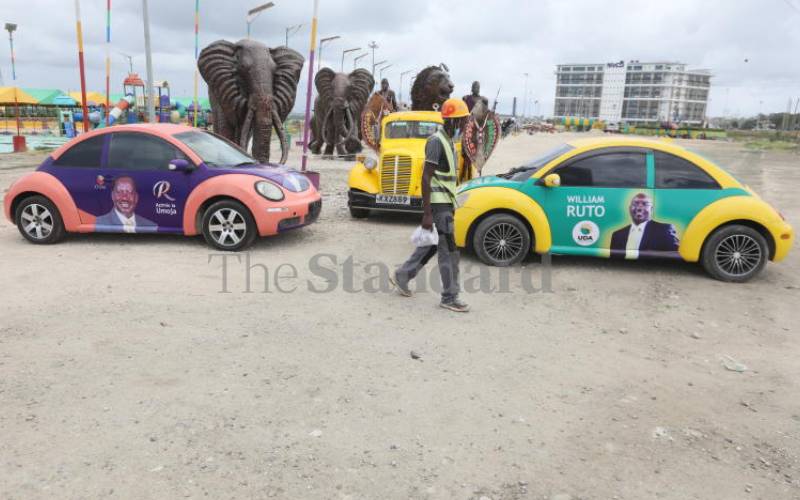×
The Standard e-Paper
Fearless, Trusted News

Kenya is now showing full-blown symptoms of a developed country. Beyond the mega projects, news nowadays ages fast. We are too busy to dwell on an issue when a new one crops up every day.
The running mates have been chosen and its now old news. What next after running mates? Their picking, it seems, was a watershed moment as it cleared the political fog.